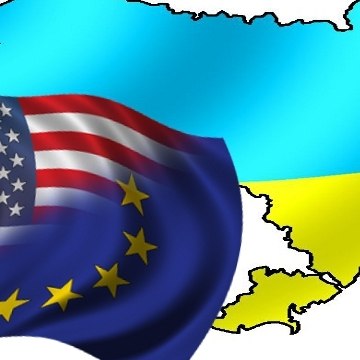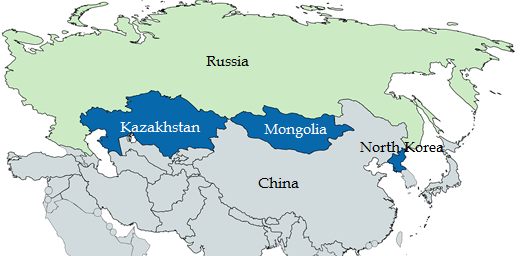(Russia Direct) Hundreds of Russians took to the streets last week in central St. Petersburg to protest a controversial decision of the local authorities to hand over an important city landmark, St. Isaac’s Cathedral, a UNESCO World Heritage site and an important museum since 1917, to the Russian Orthodox Church. In the minds of many Russians, the takeover sends a symbolic message to society: the Kremlin plans to step up its policy of social and religious conservatism.
This issue is particularly relevant for Russia in 2017 as it attempts to deal with an economic crisis at home, geopolitical instability abroad, and the looming presidential election in 2018. Given the number of political variables, say some experts, the state may start to take a more active role in spheres such as religion and culture in order to assert some sort of stability in society.
This was a recurring theme at the recent Gaidar Economic Forum in Moscow, where participants addressed the country’s political challenges and the relationship between the state and the population. One of the discussions, organized by the Valdai Club and the Russian Public Opinion Research Center (WCIOM), outlined current and future social trends in Russia and assessed to what extent the authorities are ready to respond to the current challenges. […]
The problem is that the authorities prefer to make rational, if short-term, moves. Yet such short-term thinking create many long-term challenges and risks, said Nikolai Petrov, a professor at the Higher School of Economics (HSE), during the Gaidar Forum. Populism might win tactically, but it could fail strategically. […]
Read More © Russia Direct










